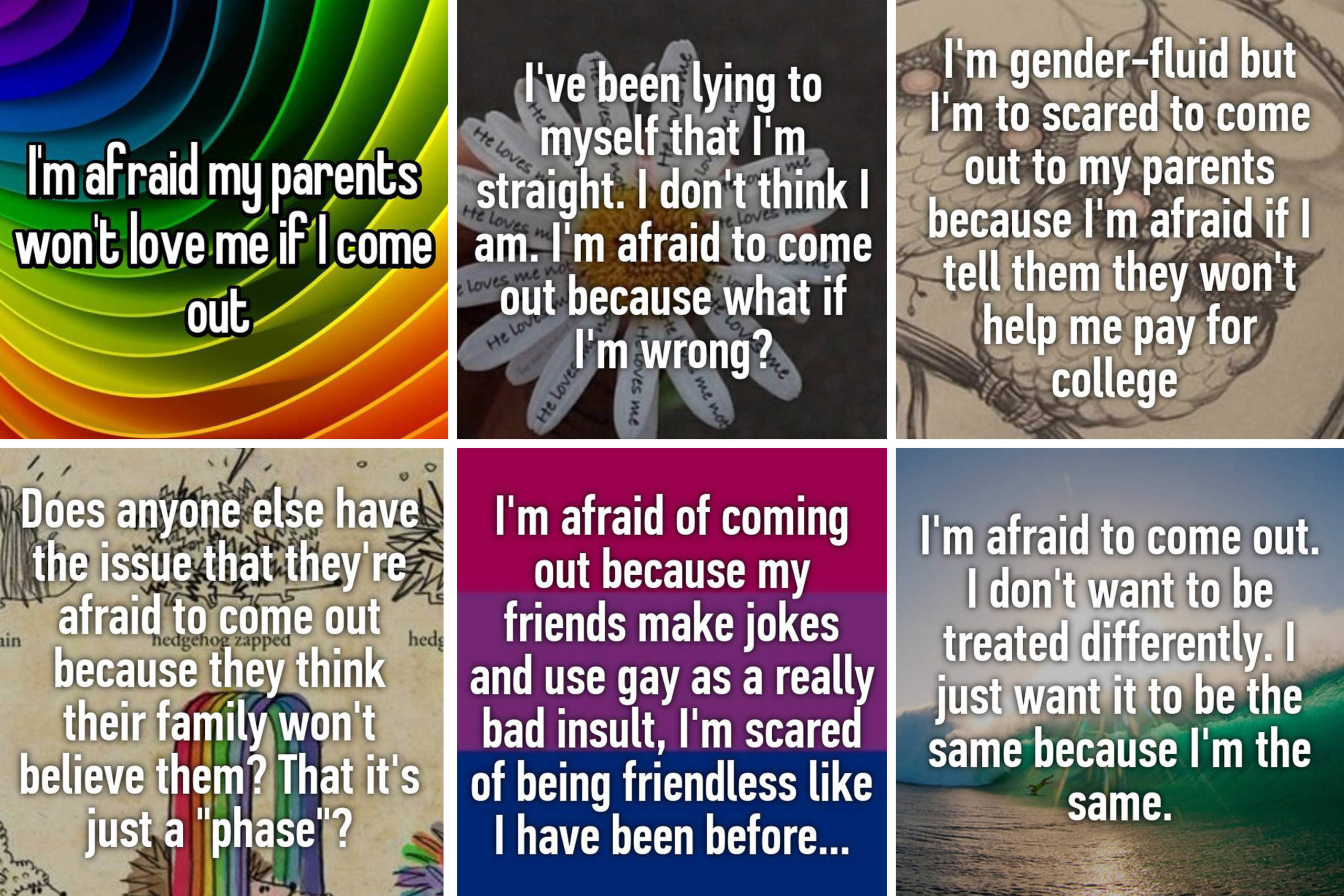If you identify as lesbian, gay, bi and trans (LGBT), you may not have yet come out to your loved ones about your sexual orientation or gender identity. This is a deeply personal affair that many people struggle with. While there is no single ‘right’ way of coming out, we hope that the suggestions in this article may prove useful. These suggestions can also prove helpful for the people you are coming out to, so don’t be afraid to share this article beforehand.
Why Come Out?
When interviewed, there are some people in the LGBT community that state that they prefer to not come out for fear of rejection. However, whether you have come to terms with your sexual orientation or gender identity, or you are still trying to figure it out, dealing with the issues on your own is not the way to go. Sooner or later, you will reach the point where you will want to talk about it with someone who can support you, or you just need to get things off your chest. Lying to yourself and your loved ones is never the way to go. However, as in all things, you will need to consider whether hiding is more or less stressful than being open about it.
Having said that, don’t feel the pressure to come out before you’re totally ready. Only you know when you’ll feel ready. If you decide to come out, but are unsure how others might react, there are plenty of helplines, community groups and agencies who are there to support and advise you. Don’t hesitate to get in touch with them and create a support network you can fall back on if things don’t go exactly how you planned.
This brings us to a few tips on how to handle coming out:
- Find the right time: while coming out can be a great weight off your shoulders, this is still a momentous occasion. Choosing the right moment to let your loved ones know that you are not heterosexual is important. Our suggestion would be to choose a quiet moment where there are no distractions to have an honest conversation.
- Be authentic: you need to realize that coming out is an admission that up to this point, you haven’t been totally honest with yourself and you loved ones. Explain why you have chosen now to come out, and don’t be afraid to show how much it means to you to be able to be who you really are.
- Be prepared for a reaction: one of the major reasons why people hesitate to come out to their loved ones is that they are worried about the kind of reaction they are going to get. You need to remember that as much as you want your loved ones to be sensitive to your feelings, you have just dropped a bombshell on them, so it may take them a little while to process the information and come to terms with it. Remember, coming out is more a process than it is a simple event. Loved ones, please remember that it’s ok to ask for time to process the information, but you need to reassure the person who has come out that your feelings for them have not changed.
- Remain in control: As the person coming out, you should ensure that you are always in control of how the information gets out. Choose whatever medium suits you best, be it face-to-face, over the phone, in writing or over social media. Just be aware that some mediums offer more privacy than others. If you’re too nervous to come out to friends and family in person, try sending them a letter first, then following up with a phone call or visit. That way, you give your loved ones a chance to get used to the news, but still remain in control of the situation.
- Have a support network in place: If you’re not sure how the significant people in your life will react to the news, and don’t feel comfortable on your own, try building up a support network first. This could mean coming out to one or two people you can trust to be supportive and ask them to be with you when you come out to more people.

As we said before, there is no one prescribed way to come out. You may feel comfortable being open about your sexual orientation and gender identity with some people, but not with others. Coming out may be difficult and takes courage. Reactions to someone coming out can range from very positive to less welcoming. Once you have made the decision to tell people, you may want to think about how you tell them. If you need further advice and support, get in touch with Finding Your Inner Compass today.



